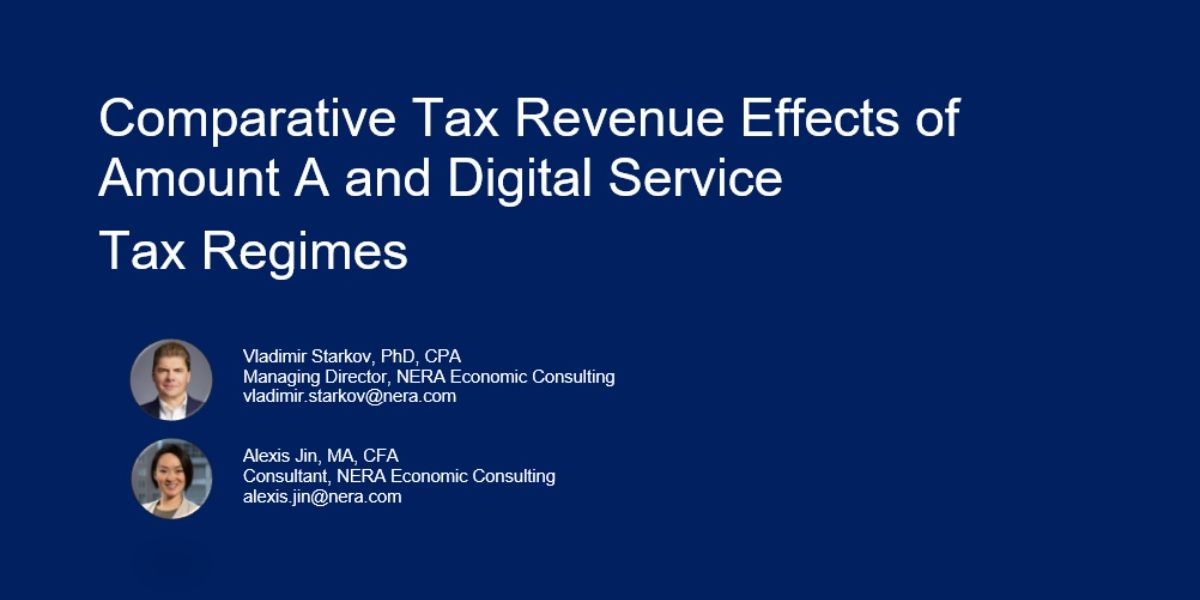Action 5 of the OECD/G20 action plan on base erosion and profit shifting (BEPS) aimed to counter harmful tax practices more effectively, taking into account transparency and substance. The minimum standard set out in the final report on Action 5 consisted of two parts. The first part related to preferential tax regimes, involving a peer review to identify features of those regimes that could facilitate BEPS and unfairly impact the tax base of other jurisdictions. The second part involved a commitment to transparency by spontaneously exchanging relevant information on taxpayer-specific rulings that could otherwise raise BEPS concerns.
The Forum on Harmful Tax Practices (FHTP) is responsible for progressing the work on Action 5 including the monitoring of preferential tax regimes and monitoring of the transparency framework.
The member countries of the Inclusive Framework on BEPS have made progress in relation to identification of harmful tax regimes and have issued an update on their work set out as a table of results of the work on preferential tax regimes.
In the 2017 Progress Report on Preferential Regimes two preferential regimes in Barbados, the tax regime for international financial services and the credit for foreign currency earnings and credit for overseas projects or services, were found to be potentially harmful. Barbados made a commitment in a Ministerial letter to amend those regimes within agreed timelines and in line with the criteria laid down. The Inclusive Framework therefore decided to update its conclusions to note that the two regimes are in the process of being amended.
The regime for international banking centres (IBCs) in Canada was found to be potentially but not actually harmful by the FHTP in the 2004 Progress Report. Since then Canada has abolished the IBC regime, apart from some limited grandfathering consistent with the FHTP guidance. The latest table of results therefore notes that this regime has been abolished.
















